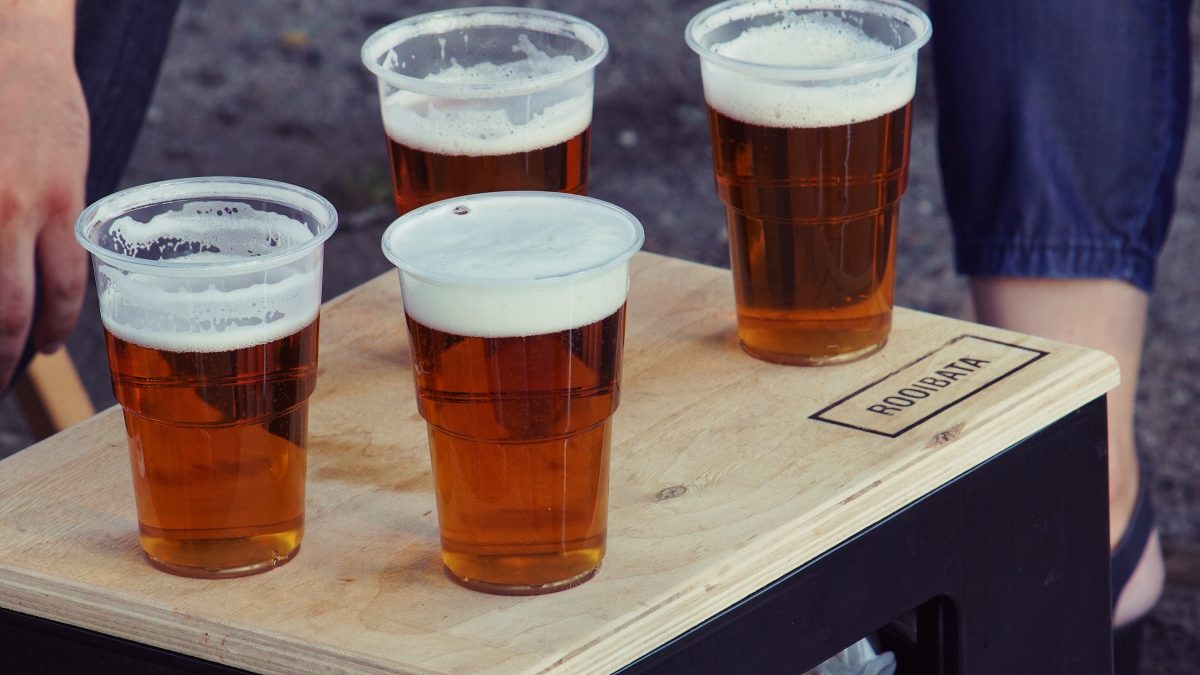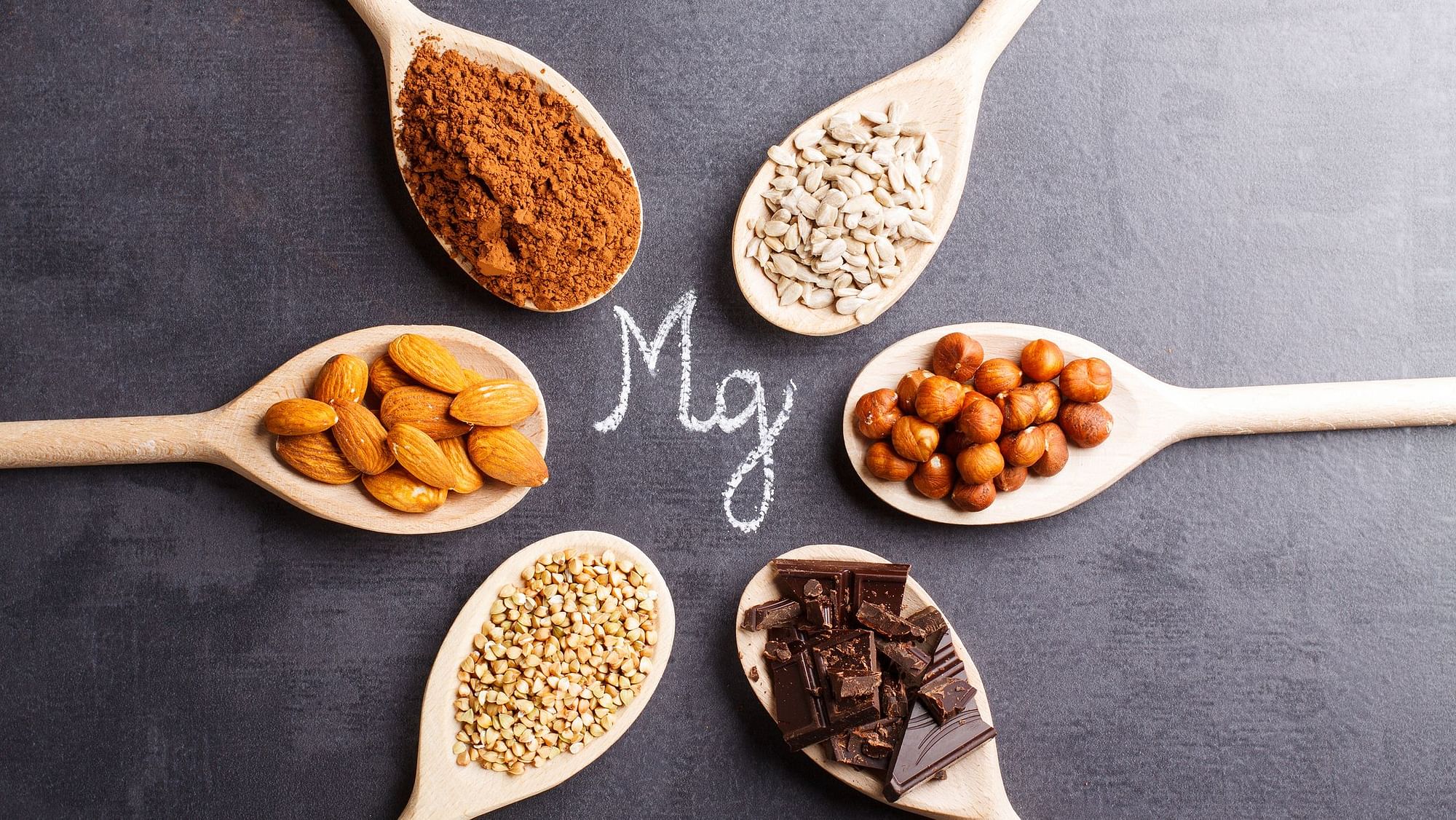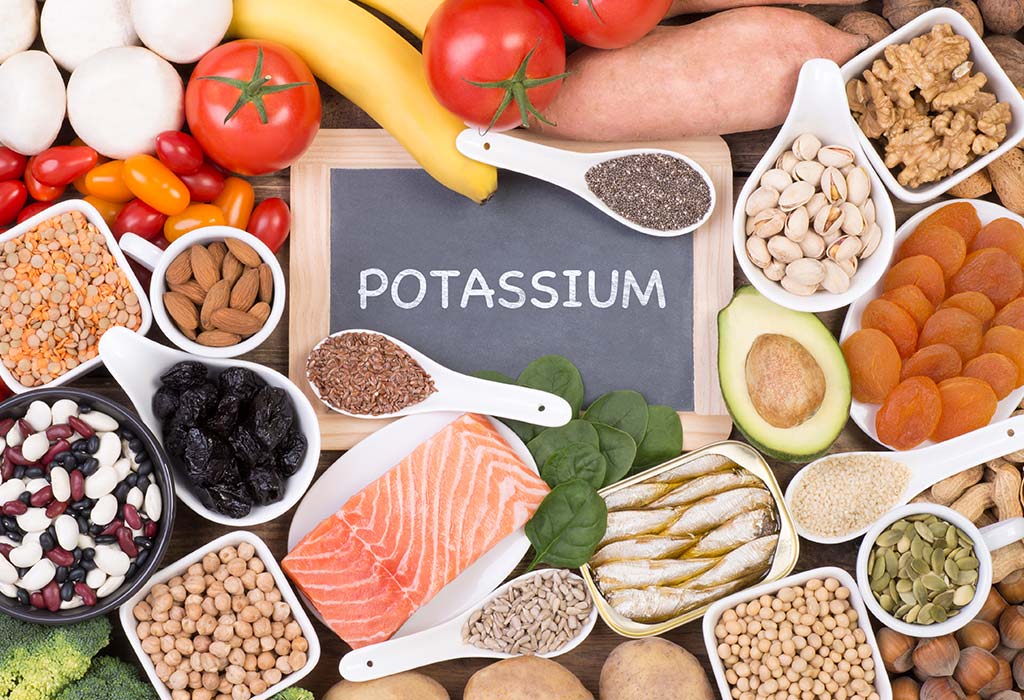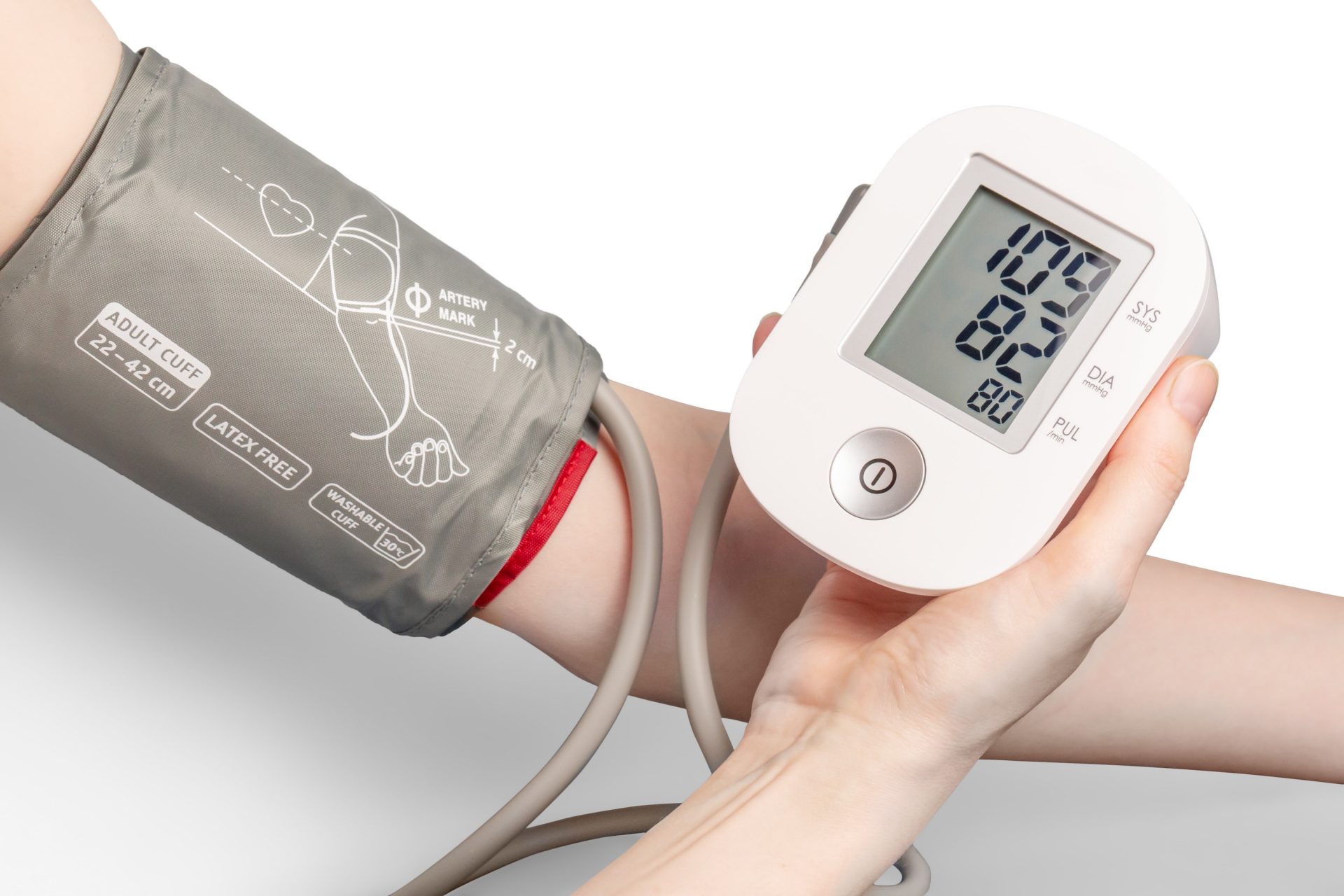Among the most common factors that can increase the risk of suffering a stroke or heart attack is hypertension.
Hypertension might come off as a medical condition that poses as almost harmless because of how common it is, but it is actually responsible for more than half of all strokes and heart attacks that take place. In addition to this, it is also the third most crucial risk factor for all diseases, after smoking and a poor diet.
Hypertension occurs when the body’s smaller blood vessels (the arterioles) narrow, causing the blood to exert excessive pressure against the vessel walls, forcing the heart to work harder to maintain the pressure. This is turn causes long-term damage to the arteries and the heart.
People in treatment for hypertension, however, can introduce certain lifestyle changes that will help regulate blood pressure and blood vessels rather than be completely dependent on diuretics.
1. REDUCE ALCOHOL CONSUMPTION

Repeated, chronic heavy drinking or binge drinking can elevate blood pressure levels in individuals. Four or more drinks in two hours for women, and five or more within the same time frame for men is considered as binge drinking. Drinking too much and on a frequent basis raises blood pressure and contributes to unhealthy weight gain. Drinking in moderation is the only solution which can help stabilize and maintain blood pressure levels.
2. LOAD UP ON MAGNESIUM

Studies have found that including magnesium-rich foods in your diet can help lower blood pressure. Experts who conducted clinical trials found that people who included magnesium in their diet had lower blood pressure and better blood pressure than those who did not. Sources of magnesium include green leafy vegetables, dark chocolate, banana, lentils, porridge, and brown bread.
4. INCLUDE POTASSIUM

Potassium-rich foods have also been found to be effective in managing blood pressure, primarily because potassium balances the effects of sodium and moderates blood pressure quite effectively. Secondarily, potassium also helps ease tension in the blood vessels which helps further. Foods rich in potassium include potatoes, oranges, mushrooms, raisins, dates, tuna, and grapefruit.
5. CUT OUT NICOTINE

Temporarily quitting smoking won’t do you any favours, so completely kicking the cigarette habit altogether is the only solution to achieving regulated levels of blood pressure.
Chemicals present in cigarettes cling to the insides of the arteries, creating inflammation and clogging. This tampers with blood flow and also raises blood pressure and heart rate with reduced amounts of oxygen that’s being carried to different organs of the body. Reduced oxygen transportation also makes way for heart attacks and strokes. Quitting is the best way to reverse all these adverse effects of smoking.
4. EXERCISE

Exercise is essential in helping us increase our heart rates in order for more oxygen to be delivered to the heart and other vital organs. It also strengthens the cardiac muscles so that the heart can pump more blood and perform better overall. Aerobic exercises such as dancing, running up and down stairs, cycling and playing sports such as basketball etc. can help strengthen the heart.
If vigorous exercises are not your thing, stick to what you’re comfortable with even if it’s a brisk walk around your neighbourhood. The important thing is to incorporate at least 20-30 minutes of exercise into your daily routine to keep your heart healthy.
5. DECREASE YOUR SALT INTAKE
A very common piece of advice given to people with high blood pressure levels is to cut down on salt. Salt makes the body hold on to water, and an excess of water in the body can increase the pressure on blood vessels, causing blood pressure levels to rise.
Other diseases such as high blood pressure, stroke, kidney diseases, and dementia are also more likely to happen you if you have a diet rich in sodium. Sauces, bacon, pickles and cheese are examples of foods that should be excluded from your diet in order to manage salt intake.
"ExpatGo welcomes and encourages comments, input, and divergent opinions. However, we kindly request that you use suitable language in your comments, and refrain from any sort of personal attack, hate speech, or disparaging rhetoric. Comments not in line with this are subject to removal from the site. "





















